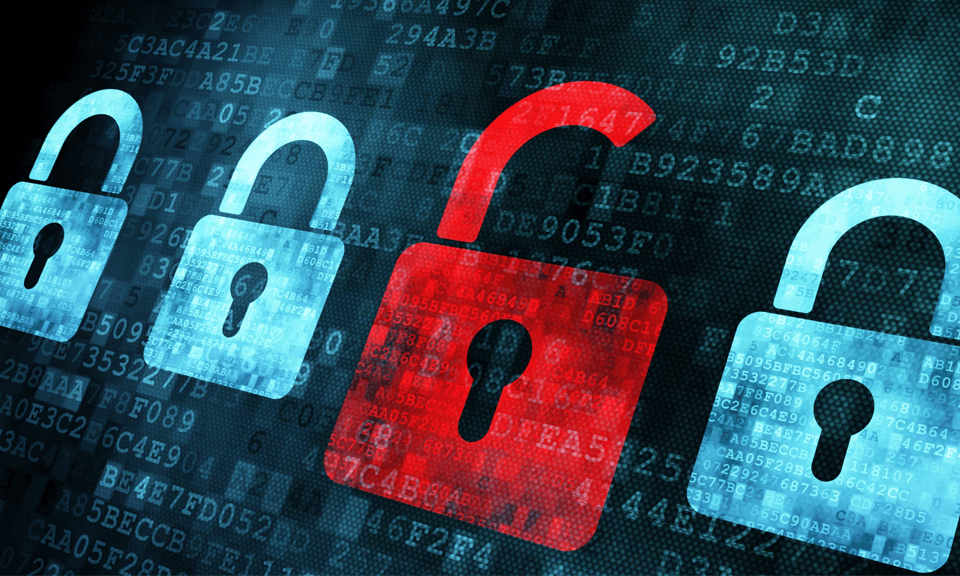In today’s digital age, where information is readily stored and transmitted electronically, the field of computer forensics has emerged as a powerful tool in uncovering hidden data and revealing crucial evidence. Computer forensics is the science of collecting, analyzing, and preserving digital information to support investigations and legal proceedings. With the exponential growth of technology and the increasing reliance on electronic devices, computer forensics has become an indispensable discipline in the realm of law enforcement, cybersecurity, and litigation. One of the key strengths of computer forensics lies in its ability to recover deleted or hidden data. When a file is deleted from a computer, it is not immediately eradicated from the storage medium. Instead, the file’s data remains on the device until it is overwritten by new information. Computer forensic experts utilize specialized techniques and software to uncover these remnants of data, allowing them to reconstruct deleted files and gain access to valuable information that might otherwise be lost.

Furthermore, computer forensics can reveal the true timeline of events and shed light on user activities. Every action performed on a computer leaves a digital footprint, and computer forensic analysts can meticulously examine log files, system artifacts, and metadata to reconstruct a comprehensive timeline of events. This process is particularly valuable in criminal investigations, where establishing the sequence of events and attributing actions to specific individuals is crucial for building a solid case. Another critical aspect of computer forensics is the identification and analysis of digital evidence. With the proliferation of social media platforms, messaging apps, and cloud services, a wealth of evidence can be stored electronically. Computer forensic specialists can extract, analyze, and authenticate this evidence, ranging from text messages and emails to images and videos, which can be vital in supporting or refuting allegations in legal proceedings. Moreover, computer forensics plays a pivotal role in cybersecurity visit https://ahigler.com/. By examining compromised systems and networks, experts can identify the nature and extent of a cyber-attack, trace its origins, and uncover any malicious software or unauthorized access.
This knowledge is invaluable in mitigating further damage, strengthening security measures, and apprehending the perpetrators. However, the power of computer forensics also comes with ethical considerations. It is essential to strike a balance between individual privacy rights and the need to investigate crimes or protect organizations from cyber threats. Adhering to established protocols and legal frameworks ensures that computer forensic practices are conducted ethically, respecting privacy and preserving the integrity of evidence. In conclusion, computer forensics has revolutionized the process of uncovering hidden data and extracting valuable evidence from digital devices. Whether it is for law enforcement purposes, cybersecurity investigations, or legal proceedings, computer forensics provides the expertise and tools to delve into the digital realm, uncover hidden truths, and ensure that justice prevails in the digital age.
